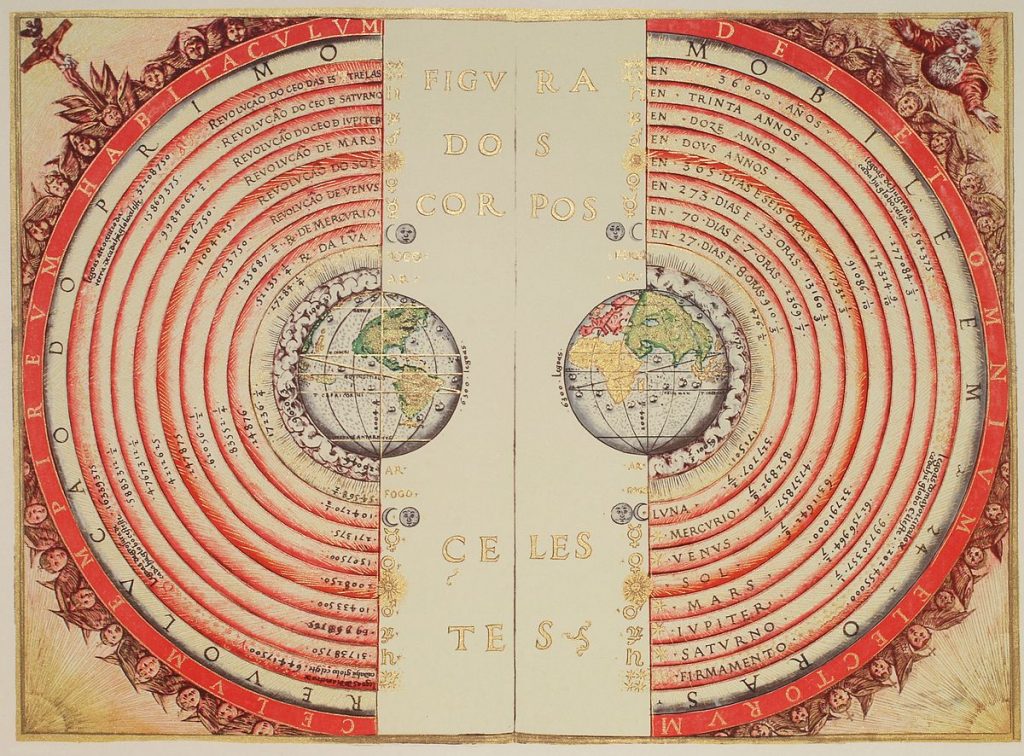A flock of small birds lands in the shallows of the stream, and a few begin furiously beating their wings in the water. More join in, and suddenly there are a couple dozen sparrows taking a bath at the same time.
They all seem to be great friends, thoroughly enjoying the afternoon splash. One by one they dart off, flying downstream even as others fly up. It is a marvelous sight, so full of movement and life.
Watching everything outside and inside on the mild afternoon, meditation descends like a soft breeze through the trees. As always, it comes completely unbidden, after all effort and goal- seeking have dissolved in sensory enjoyment and passive awareness.

One’s particular perspective ends with meditation, replaced by a whole view in the present, outwardly and inwardly. Naturally everyone has a slightly different perspective. Culture, education, religion and even the climate affect how we see things, which varies from place to place and person to person. Superficially, these varying backgrounds make for variety, also known as ‘diversity.’ But below the surface adhering to ‘my perspective’ generates conditioned differences, division and conflict.
Where conditioned differences are primary, there is inevitably division and fragmentation. Some people think individualized viewpoints are good, and most people think they are the immutable basis of being human. Paradoxically however, authentic uniqueness and diversity flower when psychological separation and superficial differences end. Diversity flows from wholeness, not from difference, much less separate identity.
Though humankind now has the scientific and technological means for providing food, clothing, shelter, health care and education to everyone, the gulf between the haves and have-nots is widening all over the world. At the same time, man’s psychological separativeness is fragmenting the Earth to the breaking point.
Climate change and the destruction of the Earth’s diversity are global, the result of man’s misuse of symbolic thought. So why do we continue to assume that we can only see things from personal and cultural perspectives? Is this ingrained idea due to Western individualism, global consumerism, or something deeper?
Nearly all people nearly all the time view themselves and the world from a center, which is to say from a self, individualistically or collectively. Looking at nature and the world in terms of a center is apparently universal.

In the first century, the Greek astronomer Ptolemy, working in the great library in Alexandria, produced his earth-centered system of the universe. The Ptolemaic worldview held sway until the 16th century, when Copernicus demonstrated that the Earth revolved around the sun. Einstein in turn overthrew that paradigm, showing that all centers are relative and in flux, and that no point is permanently fixed in relation to others. There is in fact no center in the universe.
Psychologically however, we cling to the Copernican, if not Ptolemaic way of viewing the world. Taking the center, self and ‘me’ as a given has produced both widespread narcissism and atavistic tribalism. Advertizing and consumerism reinforce personal identity as the highest principle. A recent TV ad carries things beyond absurdity by extolling “the You-niverse.” No wonder there is so much division and conflict between people, at home and abroad.
Rather than ending war after the bloodiest century in human history, the 20th century, war became a permanent condition with “the global war on terror.” But the ‘us vs. them,’ permanent war mentality could not be externally sustained, and it boomeranged, generating tremendous polarization, mob rule, and ‘domestic terrorism.’
To look from other people’s perspectives and see the world through other people’s eyes is certainly a good thing. In awakening meditation however, one learns how to look from no particular perspective — that is, not from a center at all.
Then who or what is looking? There is no separate entity. We assume there must be an observer for there to be observation, when in fact the observer prevents observation.
In ending the center, one glimpses through ‘the mind of God,’ though not in any deistic or theistic sense, which is just another thought-projected center. Learning how to observe without the observer, and diligently experimenting and exploring with pure observation every day, one sees without a center and ignites the Promethean fire within.
Martin LeFevre
lefevremartin at gmail.com

